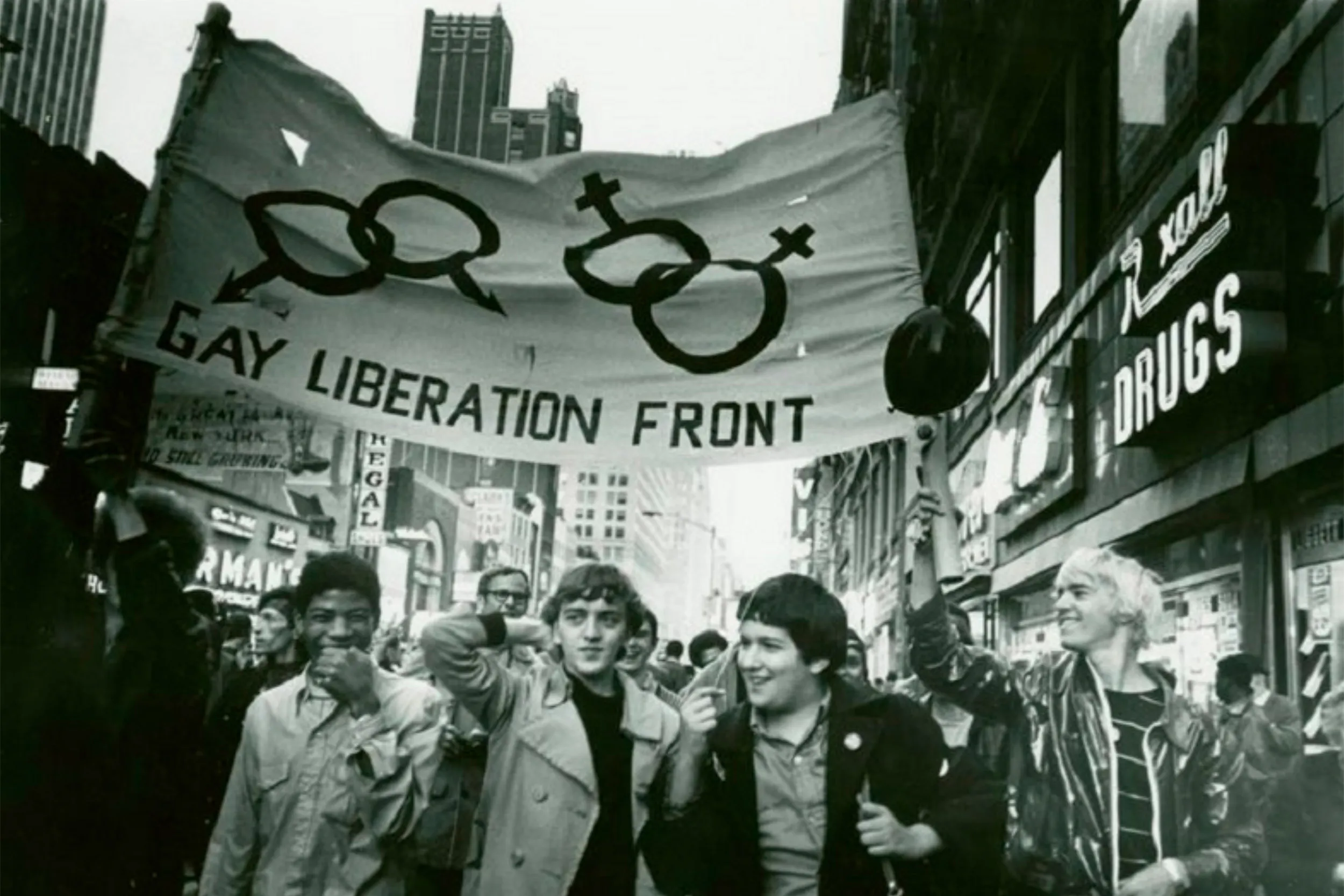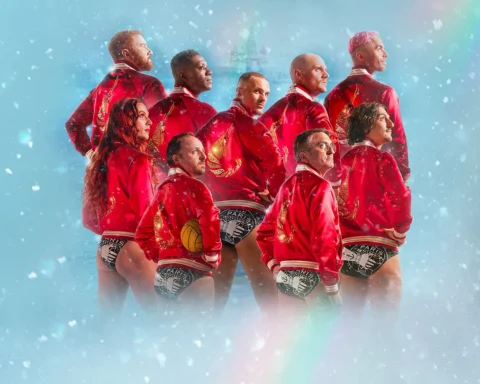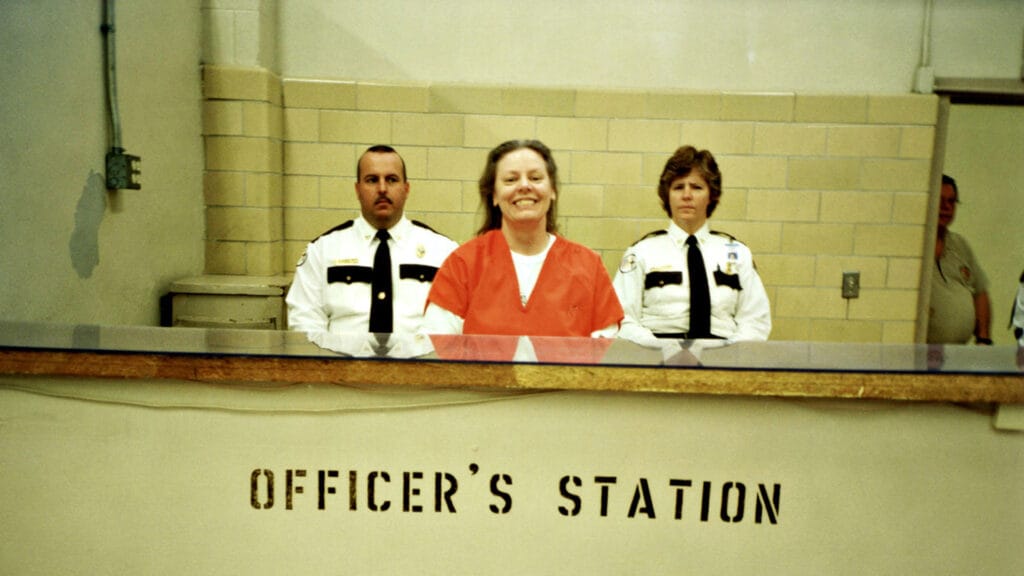The Stonewall Uprising, which occurred in the early hours of June 28, 1969, in New York City’s Greenwich Village, is recognized as a pivotal moment in the struggle for LGBTQIA+ rights. This event not only galvanized the LGBTQIA+ community but also laid the groundwork for future activism, fostering solidarity and a sense of identity among individuals who had long lived in the shadows of societal discrimination and oppression. The uprising highlighted the intersection of identity, politics, and community, ultimately catalyzing a movement that continues to resonate today.
Context and Background
To fully understand the significance of the Stonewall Uprising, it is essential to consider the socio-political climate of the 1960s. Homosexuality was classified as a mental illness, and same-sex relationships were illegal in many states. Police raids on gay bars were common, with LGBTQIA+ individuals often subjected to harassment, arrest, and violence. The Stonewall Inn, a popular gay bar, became a sanctuary for those seeking refuge from a hostile world, yet it was also a target for police raids.
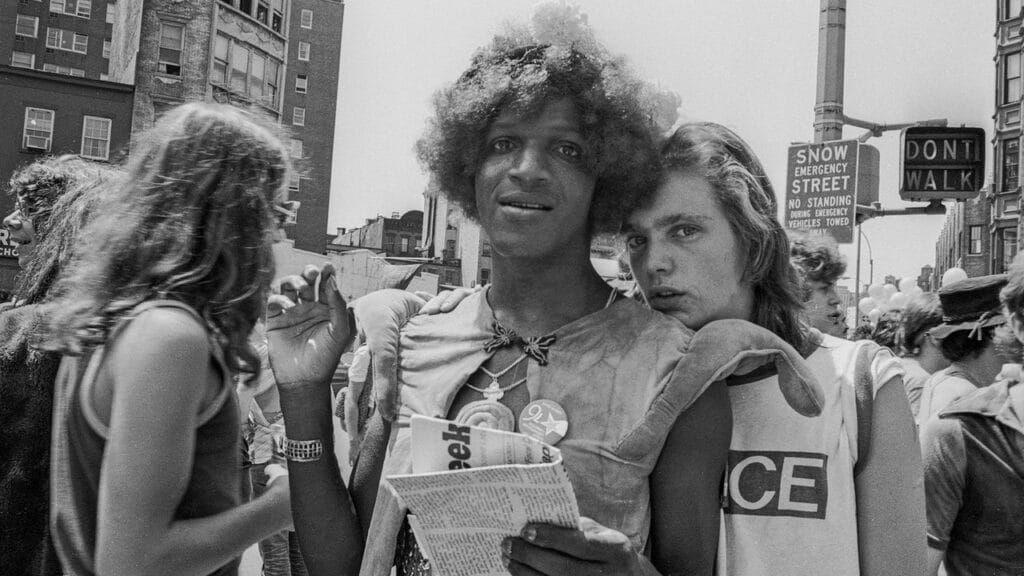
Key Actors
The uprising was sparked by a police raid on the Stonewall Inn. However, its success was driven by various key individuals and groups:
- Marsha P. Johnson – A Black transgender activist and drag performer, Johnson was a prominent figure at Stonewall. Her presence and leadership during the uprising helped to mobilize the crowd. Johnson later co-founded the Street Transvestite Action Revolutionaries (STAR), which provided support for homeless transgender and LGBTQIA+ youth.
- Sylvia Rivera – A close ally of Johnson, Rivera was a Venezuelan-American transgender activist who fought for the rights of marginalized members of the LGBTQIA+ community. Both women played crucial roles in advocating for transgender rights and visibility.
- David Carter – An activist and historian, Carter’s work on the Stonewall Uprising helped to document its legacy and significance. His book, “Stonewall: The Riots That Sparked the Gay Revolution,” provides a detailed account of the events and their aftermath.
- The Gay Liberation Front (GLF) – Formed shortly after the uprising, the GLF was one of the first organized groups to advocate for LGBTQIA+ rights in the United States. Their radical approach to activism sought to dismantle societal norms and challenge the status quo.

The Heart of the Fight
The heart of the Stonewall Uprising lay in its resistance against systemic oppression. On that fateful night, patrons of the Stonewall Inn fought back against police brutality, a moment that was both spontaneous and deeply rooted in years of frustration. The uprising was characterized by a sense of collective empowerment; for the first time, LGBTQIA+ individuals openly resisted the authorities, signaling a shift in the narrative surrounding queer identity.
The uprising lasted for several days, during which the community rallied together, expressing their anger and demands for justice. The spirit of defiance transformed Stonewall into a symbol of resistance, giving rise to the phrase “We’re here, we’re queer, get used to it!” which echoed the urgent call for visibility and acceptance.
Legacy and Impact
The legacy of the Stonewall Uprising is profound and multifaceted. It ushered in a new era of activism, leading to the formation of LGBTQIA+ advocacy organizations, pride parades, and a greater push for civil rights. The first Pride March was held in June 1970 to commemorate the anniversary of the uprising, establishing a tradition that continues to this day.
The impact of Stonewall transcends national borders, inspiring movements around the world. It has become a touchstone for discussions on intersectionality, highlighting the unique challenges faced by marginalized groups within the LGBTQIA+ community, particularly people of color and transgender individuals.
Today, the legacy of Stonewall influences ongoing struggles for equality, including the fight against discrimination, violence, and legislative setbacks facing the LGBTQIA+ community. The uprising serves as a reminder of the ongoing need for activism and resilience in the face of adversity.
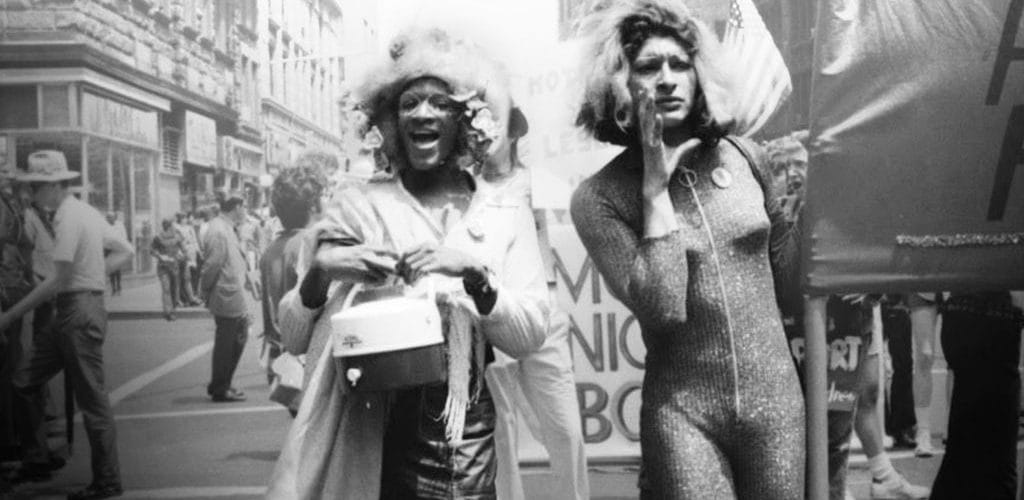
The Evolution of LGBTQIA+ Rights Post-Stonewall
Following the Stonewall Uprising, the LGBTQIA+ rights movement gained momentum, leading to significant advancements in legal and social recognition. The 1970s and 1980s saw the emergence of various advocacy organizations aimed at addressing the rights of LGBTQIA+ individuals. Groups such as the Human Rights Campaign (HRC) and the Gay and Lesbian Alliance Against Defamation (GLAAD) were established to fight against discrimination and misinformation.
The AIDS crisis in the 1980s further galvanized the LGBTQIA+ community, leading to the formation of activist groups like ACT UP (AIDS Coalition to Unleash Power). These organizations not only advocated for medical research and treatment but also sought to raise awareness about the stigma associated with HIV/AIDS, which disproportionately affected gay men and other marginalized communities.
The Role of Intersectionality
The legacy of Stonewall also emphasizes the importance of intersectionality within the LGBTQIA+ rights movement. Early activists like Marsha P. Johnson and Sylvia Rivera highlighted the struggles faced by transgender individuals and people of color, who often experienced discrimination not only based on their sexual orientation but also their race and gender identity. This intersectional approach continues to be critical in addressing the diverse needs of the LGBTQIA+ community today.
Contemporary movements often draw from the lessons of Stonewall, advocating for a more inclusive framework that recognizes the unique challenges faced by various subgroups. Issues such as police violence against transgender individuals, economic inequality, and healthcare access remain at the forefront of LGBTQIA+ activism.
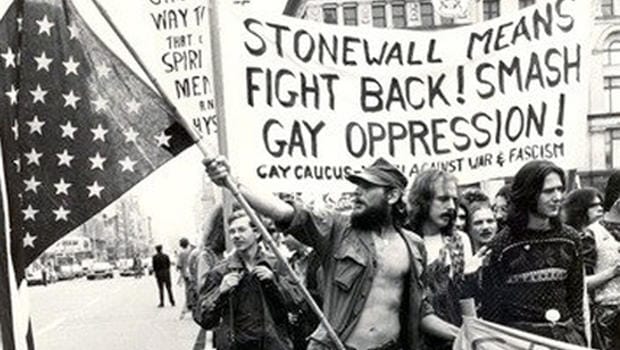
Global Perspectives
The impact of the Stonewall Uprising has extended beyond the United States, inspiring LGBTQIA+ movements globally. In many countries, activists have drawn upon the spirit of Stonewall to challenge oppressive regimes and advocate for basic human rights. For instance, Pride parades and demonstrations in countries like Brazil, South Africa, and Taiwan reflect a shared struggle for visibility and acceptance rooted in the same defiance that characterized the events at Stonewall.
However, the global landscape for LGBTQIA+ rights is not uniform. Many regions still face severe legal and social consequences for same-sex relationships and gender nonconformity. Activists continue to fight for decriminalization, protection from violence, and the right to live openly and authentically.
Commemoration and Cultural Impact
The legacy of Stonewall is celebrated annually during Pride Month, which occurs every June. Events around the world commemorate the uprising, reflecting on the progress made and the work still needed. The Stonewall Inn itself was designated a National Historic Landmark in 2000, recognizing its significance in American history.
Culturally, the events of Stonewall have inspired countless artistic expressions, including literature, film, and music. Documentaries, such as “Stonewall Uprising” and various biopics celebrating LGBTQIA+ figures, have helped to educate new generations about the importance of this moment in history. These narratives serve not only as a reminder of past struggles but also as a source of inspiration for ongoing activism.
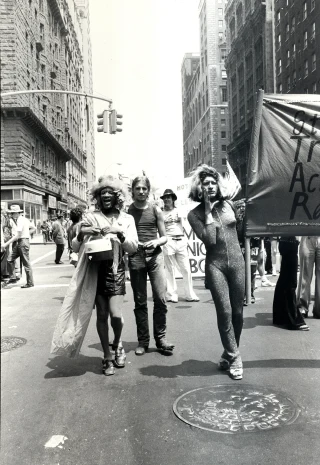
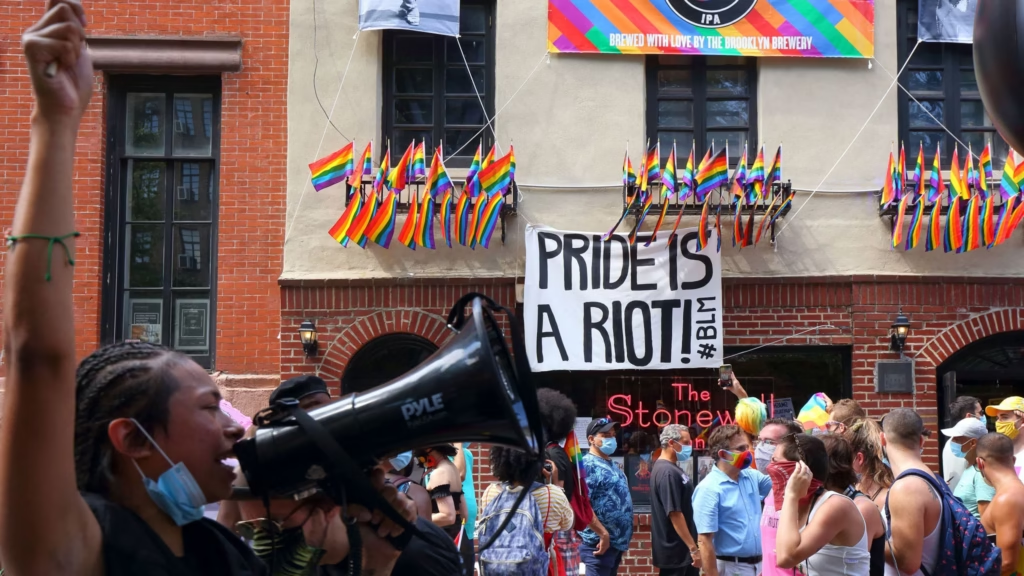
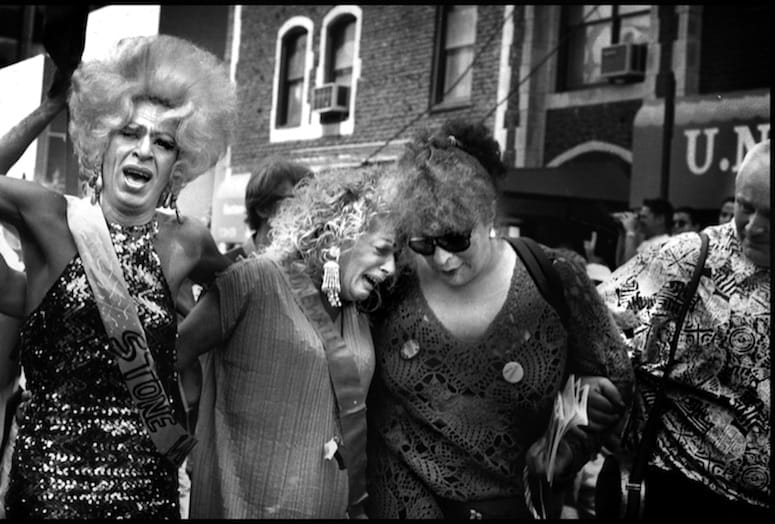
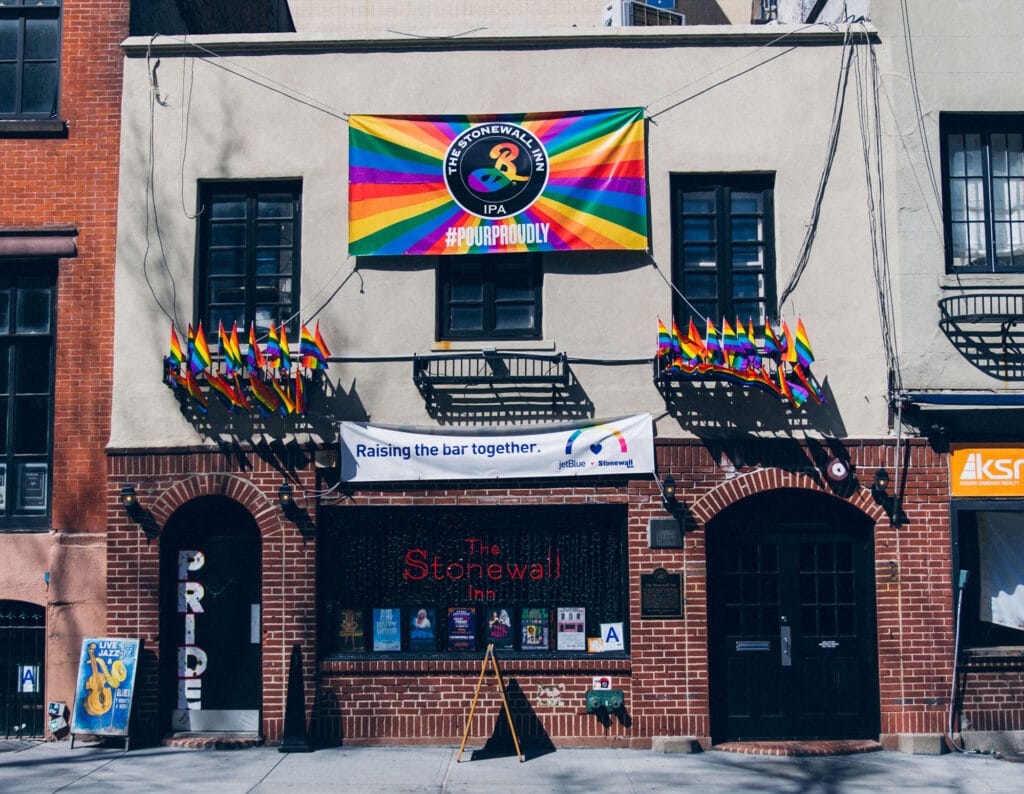
Conclusion
The Stonewall Uprising remains a cornerstone of the LGBTQIA+ rights movement, symbolizing both resistance and resilience. Its legacy is not merely historical; it continues to inform contemporary struggles for equality and justice. As we reflect on the events of June 1969, it is critical to recognize that the fight for LGBTQIA+ rights is far from over. The principles of solidarity, inclusion, and activism that emerged from Stonewall continue to guide the community in advocating for a world where everyone, regardless of their sexual orientation or gender identity, can live openly and without fear of discrimination. The spirit of Stonewall is alive in the ongoing quest for dignity and equality for all, reminding us that progress is often born from defiance and collective action.
